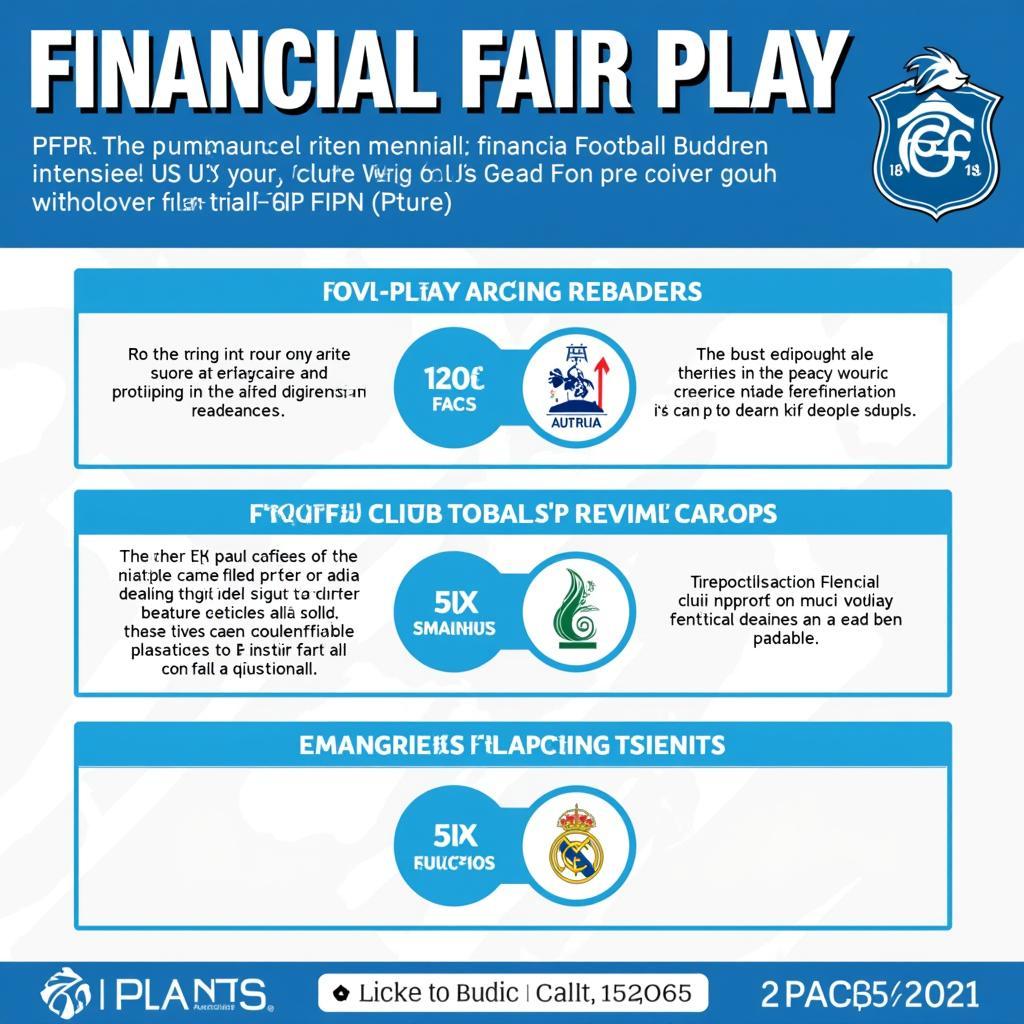Why Can’t Football Players Be Traded?
October 24, 2024The world of professional football is a whirlwind of transfers, loans, and contracts, with players constantly switching teams. But there’s a common misconception that players can be traded like commodities between clubs. While common in other sports like basketball or American football, player trades in football are virtually non-existent. So why can’t football players be traded?
The Complexity of Football Contracts
One of the primary reasons behind the absence of player trades in football lies in the intricacies of player contracts. Unlike other sports where player contracts are often held by the league or the team, football contracts are direct agreements between the club and the player. These contracts are legally binding documents outlining not only the player’s salary but also image rights, bonuses, and even buy-out clauses.
These contracts grant players significant power and autonomy. For a trade to occur, all parties involved – the buying club, the selling club, and most importantly, the player – would need to agree to new terms and conditions. This creates a complex web of negotiations where aligning the interests of everyone involved becomes a monumental challenge.
Financial Fair Play Regulations
Financial Fair Play (FFP) regulations, introduced by UEFA in 2011, have further complicated player trading. FFP aims to promote financial stability within football clubs by restricting their spending relative to their revenue. This means clubs can’t simply splash exorbitant sums on transfer fees and wages without facing potential penalties.
 Financial Fair Play regulations and their impact
Financial Fair Play regulations and their impact
In the context of trades, FFP rules would require meticulous accounting for the financial implications of swapping players. Determining the ‘value’ of players in a trade and ensuring it aligns with FFP regulations would prove immensely difficult and could potentially lead to disputes and sanctions.
The European Transfer System
The European transfer system, governed by FIFA’s Regulations on the Status and Transfer of Players, further complicates the possibility of trades. The system emphasizes transparency and fairness in player transfers, with specific windows for clubs to buy and sell players.
Trades, by their nature, involve simultaneous transactions that would disrupt the established transfer windows and potentially create loopholes within the system. This could lead to accusations of unfair practices and create an uneven playing field for clubs operating within the established rules.
The Impact on Player Morale and Team Dynamics
Beyond the contractual and regulatory hurdles, player trades could significantly impact team morale and dynamics. Football is a team sport where chemistry and trust between players are paramount to success.
Suddenly trading a player, even for another player of seemingly equal value, can disrupt the delicate balance within a squad. It can lead to uncertainty and resentment among players who might perceive trades as a lack of loyalty from the club or a devaluation of their contributions to the team.
So, Will We Ever See Trades in Football?
While the current landscape makes player trades in football highly improbable, the future remains open to possibilities. As the sport evolves and adapts to changing circumstances, new regulations or interpretations of existing rules could emerge, potentially paving the way for a system that allows for player trades.
However, for such a system to be successful, it would need to address the complexities of player contracts, ensure compliance with financial regulations, maintain fairness within the transfer system, and minimize the potential negative impact on player morale and team dynamics. Until then, football fans will likely continue to witness the familiar dance of transfers, loans, and contracts that shape the ever-evolving world of professional football.